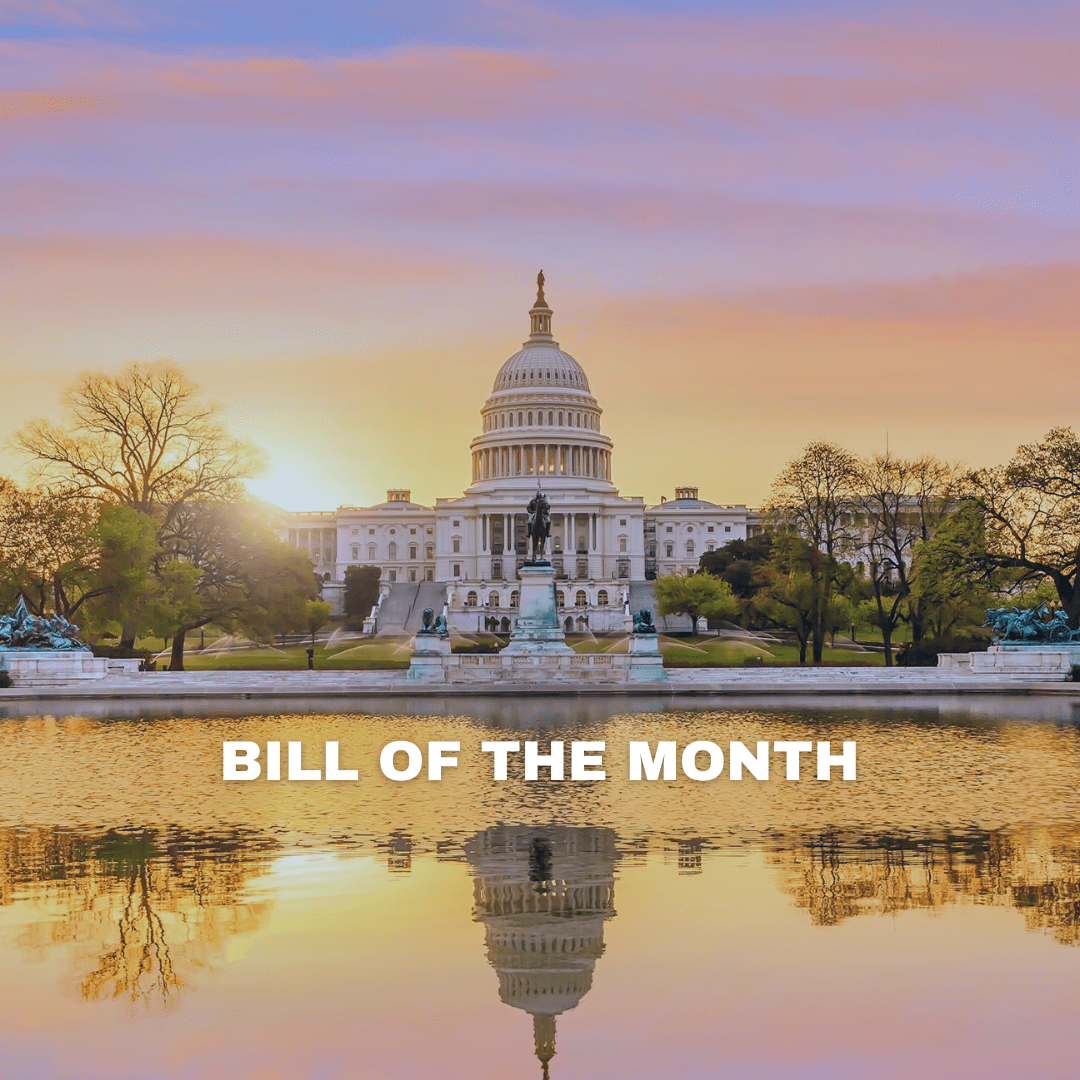
April Federal Bill of the Month – H.R. 2918 – Family Business Legacy Act of 2025
Taxpayers Protection Alliance
April 30, 2025
Sponsors: Reps. Greg Steube (R-Fla.), Rich McCormick (R-Ga.)
H.R. 2918 – Family Business Legacy Act of 2025
The Family Business Legacy Act (FBLA) of 2025, introduced by Representative Greg Steube (R-Fla.) and Rich McCormick (R-Ga.), aims to align estate tax provisions with existing gift tax laws. More specifically, the bill corrects discrepancies concerning contributions to organizations classified under sections 501(c)(4), (c)(5), and (c)(6) of the Internal Revenue Code. This effort seeks to eliminate ambiguities that have historically led to inconsistent tax treatments of such contributions.
It is for these reasons, among others, that TPA is proud to make The Family Business Legacy Act, as introduced by Reps. Greg Steube and Rich McCormick, its bill of the month for April 2025.
Background:
In 2010, the Internal Revenue Service (IRS) initiated efforts to apply gift tax liability to contributions made to section 501(c)(4) organizations. Historically, such contributions were generally understood to be exempt from gift taxation. However, due to ambiguity in the governing tax statutes, the IRS began challenging these donations—actions that appeared to be politically motivated. In response, Congress enacted a provision in the Protecting Americans from Tax Hikes (PATH) Act of 2015 (P.L. 114-113), which explicitly affirmed that contributions to 501(c)(4), (c)(5), and (c)(6) organizations are not subject to the gift tax. This legislative clarification served to uphold taxpayers’ First Amendment rights by ensuring they could support organizations of their choosing without incurring unjust tax consequences.
In light of the existing discrepancy between the treatment of gift taxes and estate taxes, then-Congresswoman Kristi Noem (R-S.D.) and now-House Ways & Means Committee Chairman Jason Smith (R-Mo.) previously introduced the Family Business Legacy Act (FBLA). They sought to harmonize estate and gift tax provisions as they pertain to contributions made to organizations described in sections 501(c)(4), (c)(5), and (c)(6) of the Internal Revenue Code.
The Tax Cuts and Jobs Act (TCJA) significantly reduced the estate tax burden—commonly referred to as the “death tax”—on small businesses by temporarily doubling the unified exemption amount. This provision has provided meaningful relief to a wide range of family-owned enterprises – including distributors, manufacturers, farmers, and ranchers. However, the continued rise in farmland values and inflation in equipment costs means that many family businesses still confront substantial estate tax exposure and related succession planning challenges.
The estate tax imposes considerable economic harm by discouraging job creation, jeopardizing the continuity of family-owned enterprises, and imposing onerous compliance burdens. According to the Tax Foundation, annual compliance costs associated with the estate tax exceed $18.9 billion—surpassing the revenue the tax generates. While full repeal remains the only permanent and equitable solution to this tax, it is imperative that Congress takes steps to provide greater clarity and simplification within the law, such as the Family Business Legacy Act of 2025.
